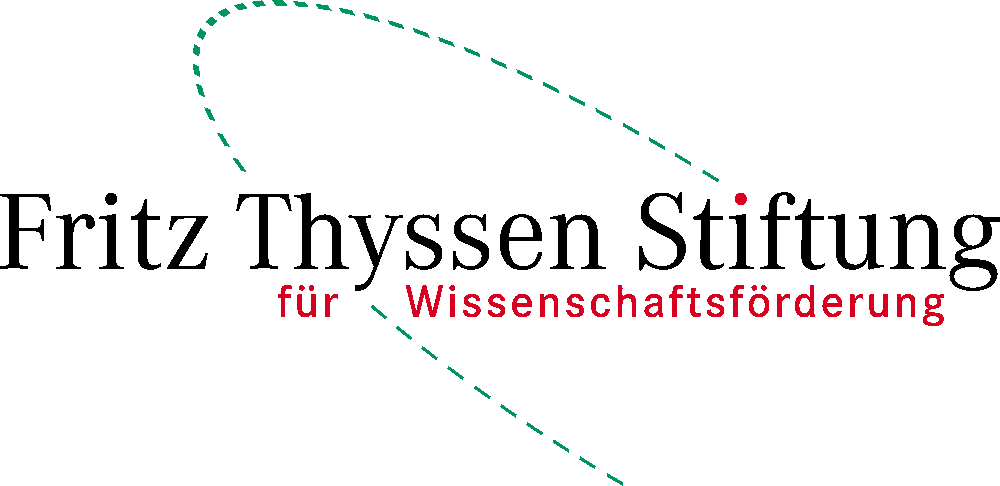Sir Alexander Johnston an Wilhelm von Humboldt, 17.08.1827
19 Great Cumberland Place17. August 1827
My dear Sir.
I have to return you a great many thanks for your very obliging letter of the 7th of last month & for the copy which you have done me the favor to send me of your letter to Monsieur Remusat
The philosophical manner in which you have treated the subject of the Chinese & Sanscrit languages will do more than any work which has yet been published to interest the literary characters of Europe in questions of this description & all those who are desirous of promoting the civilisation & prosperity of the inhabitants of Asia ought to hail the publication of your letter to Remusat as one of the most auspicious merits|?| which has occured in the history of the study of Oriental languages. I requested our Librarian Mr. Hautman[a] who has, I understand, acquired a general knowledge of the Chinese language to insert in the Literary Gazette a short notice by which the attention of the English public might be called to that letter & I have now the pleasure to send you by Baron Bulow a copy of that Gazette. I cannot help feeling a regret that he has not been able to enter more in detail into the very great merits of your work & into the very beneficial effect in a literary point of view, which must inevitably be produced, both in Asia & in Europe, by the popularity & éclat which you have given, to the study of Oriental Literature by associating your name & literary fame with a philosophical consideration of the two most celebrated & most antient |sic| languages of Asia.
I am extremely happy to find that you have turned your attention to the formation of the Polynesian languages. The London Missionary Society is the Society in England which has the most knowledge of & the most communication with all the people of the different Islands in the Pacific Ocean. Baron Bulow will deliver to you a collection which the Secretary of that Society has forwarded to me by my desire for you, of every document which the members of this Society possess in print relative to the grammar & languages of those people. I am now engaged in tracing for you any manuscripts or verbal information which I can discover in this country upon the same subject & shall the moment I receive any, transmit them to you through the Prussian Embassy.
As Mr. Upham is about to publish a work which will contain more authentic information than any which has yet appeared in Europe relative to the real tenets & history of the religion of Buddho, I take the liberty, at his request, to enclose to you a copy of his prospectus & also a copy of a letter which I wrote also at his request to the Direction of the East India Company. I need not say, that if you can in any way recommend to the patronage of the king of Prussia & to other sovereigns & learned societies in Germany, this work, you will materially assist Mr. Upham in the accomplishment of his meritorious labors & cooperate with the Asiatic Society in their endeavors to afford Mr. Upham every patronage in their power in England in addition to that which he has obtained from the East India Company in consequence of the letter to them of which the enclosed is a copy.
I am delighted to hear that that |sic| we may expect to have the pleasure of seeing you in England in the course of next spring. May I beg that you will offer my fond regards to the Baron Alexander Humboldt & that you will believe me to be with great esteem & respect
My dear SirYour very faithful & humble servant
Alex.r Johnston
Mr.
Colebrooke is out of town. I have forwarded the copy of your
letter to Remusat to him & I have also
presented to the A Society the copy which you
have sent for them.
The
Baron Humboldt
&c
By favor of His Excellency
Baron Bulow
19, Great Cumberland Place, 13th Nov.r 1826.
To the Chairman and
Deputy Chairman of the
Court of Directors.
Gentlemen,
I have the honor, at the request of Mr. Upham to enclose to you a letter from him soliciting the patronage of your Honorable Court to an English translation which he is about to publish of the Three Works, called The Mahá-vansi – The Rájá-valí – and The Rájá-ratnácari. – The first is written in the Pali and the other two in the Cingalese language and they are all three explanatory of the Origin, Doctrines, and Introduction into the Island of Ceylon, of the Buddhoo Religion.
The English translation was a short time ago given by me to Mr. Upham upon his expressing a wish to publish some genuine Account of a religion which whatever may be the nature and tendency of its doctrines, deserves the consideration of the Philosopher and the Statesman, from the unlimited influence which it at present exercises over so man millions of the inhabitants of Asia. –
The circumstances under which I received the Three Works to which I have just alluded, afford such strong evidence of their authenticity, and of the respect in which they are held by the Buddhists of Ceylon, that I shall take the liberty of stating them to you, that your Honorable Court may form some judgment as to the degree of encouragement which you may be justified in giving to Mr. Upham.
After a very long residence on Ceylon as Chief Justice and First Member of H. M. Council on that Island and after a constant intercourse, both literary and official for many years with the natives of every Cast, and of every religious persuasion in the Country, I felt it to be my duty to submit it as my official opinion to H. M. Government that it was absolutely necessary in order to secure for the natives of Ceylon a popular and a really efficient administration of Justice, to compile for their separate use a special Code of Laws which, at the same time that it was founded upon the universally admitted, and therefore universally applicable abstract principles of justice, should be scrupulously adapted to the local circumstances of the Country and to the peculiar religion, manners, usages, and feelings of the people. H. M. Government fully approved of my opinion, and officially authorised me to take the necessary steps for framing such a Code.
Having publicly informed all the natives of the Island of the use and beneficial object which H. M. Government had in view, I called upon the most learned and the most celebrated of the Priests of Buddhoo, both those who had been educated on Ceylon, and those who had been educated in the Burmese Empire to co-operate with me in carrying H. M.’s gracious intention into effect, and to procure for me, as well from Books as other sources, the most authentic information that could be obtained relative to the Religion, usuages |sic|, manners, and feelings of the people, who professed the Buddhoo Religion on the Island of Ceylon.
The Priests after much consideration amongst themselves, and after frequent consultations with their followers in every part of the Island, presented to me the Copies which I now possess of the Mahá-vansí, Rájá-valí, and Rájá-ratnácarí, as containing according to the judgment of the best informed of the Buddhist Priests on Ceylon, the most genuine Account which is extant of the origin of the Buddhoo Religion, of its doctrines, of its introduction into Ceylon, and of the effects, moral and political, which those doctrines had, from time to time, produced upon the conduct of the native Government, and upon the manners and usuages |sic| of the native inhabitants of the Country. As the Priests themselves, as well as all the people of the Country from being aware of the object which I had in view, felt themselves directly interested in the authenticity of the information which I received, and as they all concurred in opinion with respect to the authenticity and value of the information which these Works contain, I have no doubt whatever, that the Account which they give of the origin and doctrines of the Buddhoo Religion is that which is universally believed to be the true Account by all the Buddhist inhabitants of Ceylon. –
The Copies of these Works which were presented to me by the Priests, after having been, by my direction, compared with all the best Copies of the same Works in the different temples of Buddhoo on Ceylon, were carefully revised and corrected by two of the ablest Priests of Buddhoo on that Island. – An English translation of them was then made by my official translators under the superintendance of the late Native Chief of the Cinnamon Department, who was himself the best native Pali and Cingalese scholar in the Country; and that translation is now revising for Mr. Upham by the Rev.d Mr. Fox, who resided on Ceylon for many years, as a Wesleyan Missionary, and who is the best European Pali & Cingalese scholar at present in Europe.[b]
I have the honor to beGentlemen,
Your most obedient
humble servant
(Signed) Alex.r Johnston.


